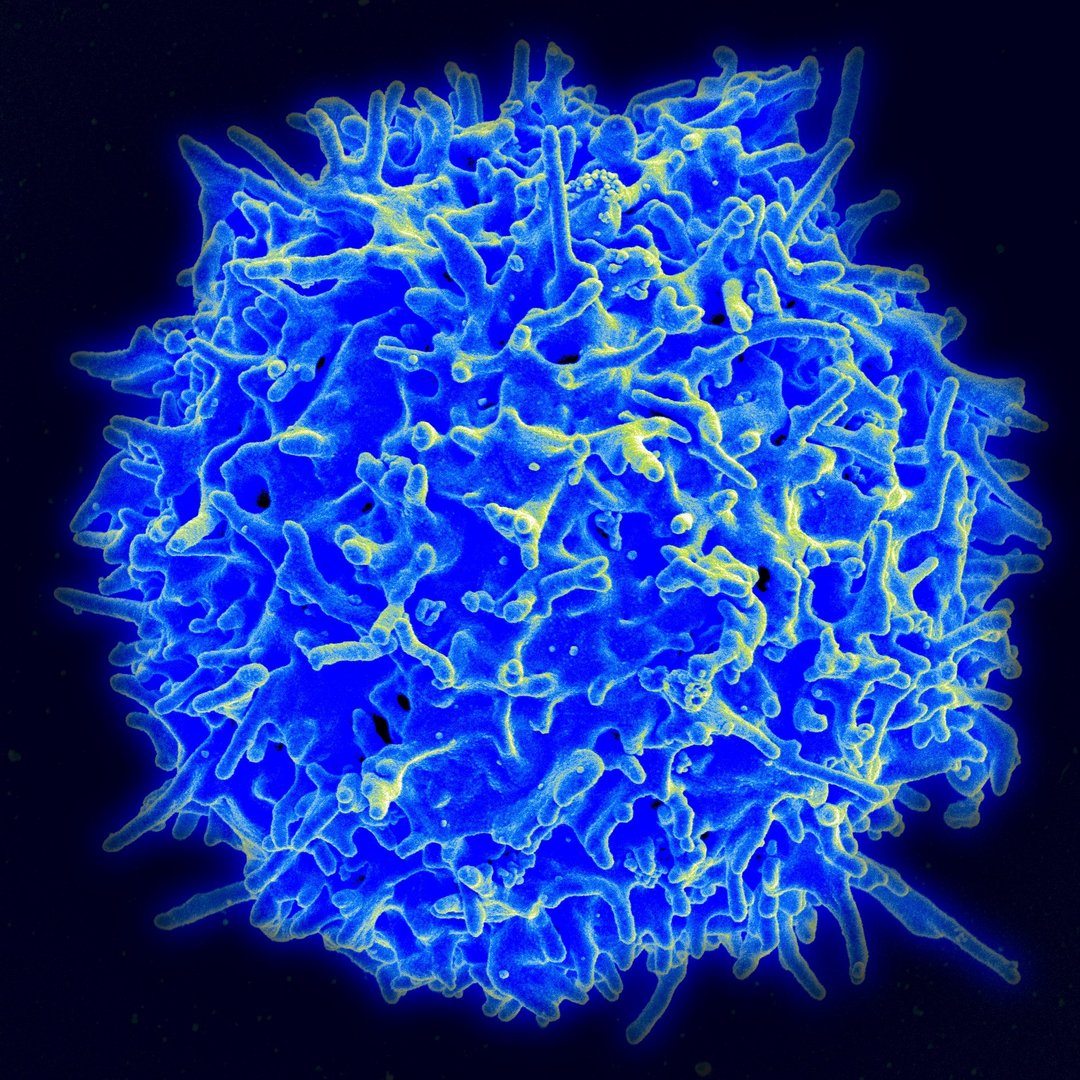The Institute for Research and Innovation in Health (i3S) at the University of Porto announced on Wednesday it has discovered the mechanism that defines why the severity of COVID-19 is so variable in each infected person.
According to an official statement from i3S, a change in T lymphocytes explains “why SARS-CoV-2 infection causes mild or even asymptomatic disease in some individuals and severe and complicated disease in others.”
The study, led by researcher Salome Pinho, showed that circulating T cells “provide protection against the virus” by “exchanging their glycans (sugar molecules) in a specific way after infection with SARS-CoV-2.”
According to the study, there is a more intense “immunological response” in patients with more “glycosylated T lymphocytes,” making them asymptomatic.
Pinho explained that this reaction “can be detected at diagnosis,” and therefore constitutes a “new biomarker of COVID-19 prognosis and severity, as well as a new therapeutic target.”
The research team also demonstrated that, in asymptomatic patients, blood mononuclear cells exhibit an “increased expression of a specific protein,” capable of efficiently recognizing the virus.
Glycosylation is an important post-translational modification, giving rise to a diverse and abundant repertoire of glycans on the cell surface, collectively known as the glycome. When focusing on immunity, glycans are indispensable in virtually all signaling and cell-cell interactions.
More specifically, glycans have been shown to regulate key pathophysiological steps within T cell biology such as T cell development, thymocyte selection, T cell activity and signaling as well as T cell differentiation and proliferation. They are of major importance in determining the interaction of human T cells with tumor cells, according to journal research.
i3S collaborated on this research with the University Hospital Center of Porto, and the Hospital Center of Vila Nova de Gaia/Espinho.
The results of the study, which was funded by the Foundation for Science and Technology (FCT) Research 4 Covid initiative, were published in The Journal of Immunology.






Click here to change your cookie preferences